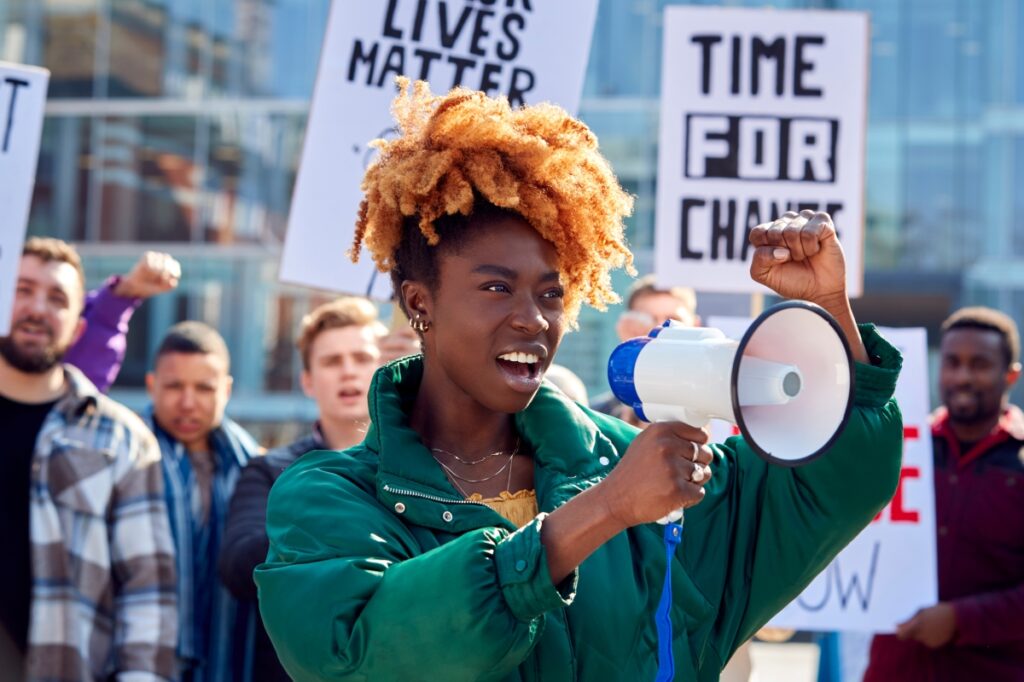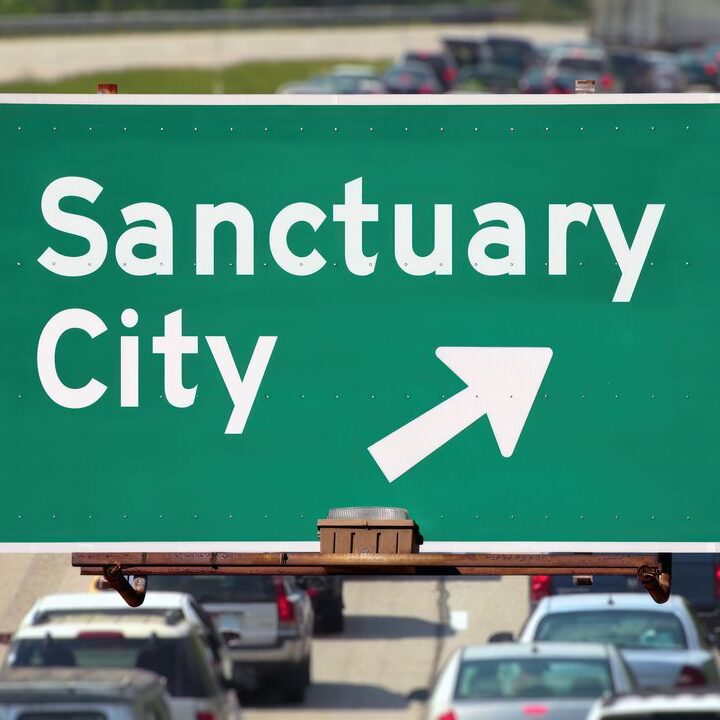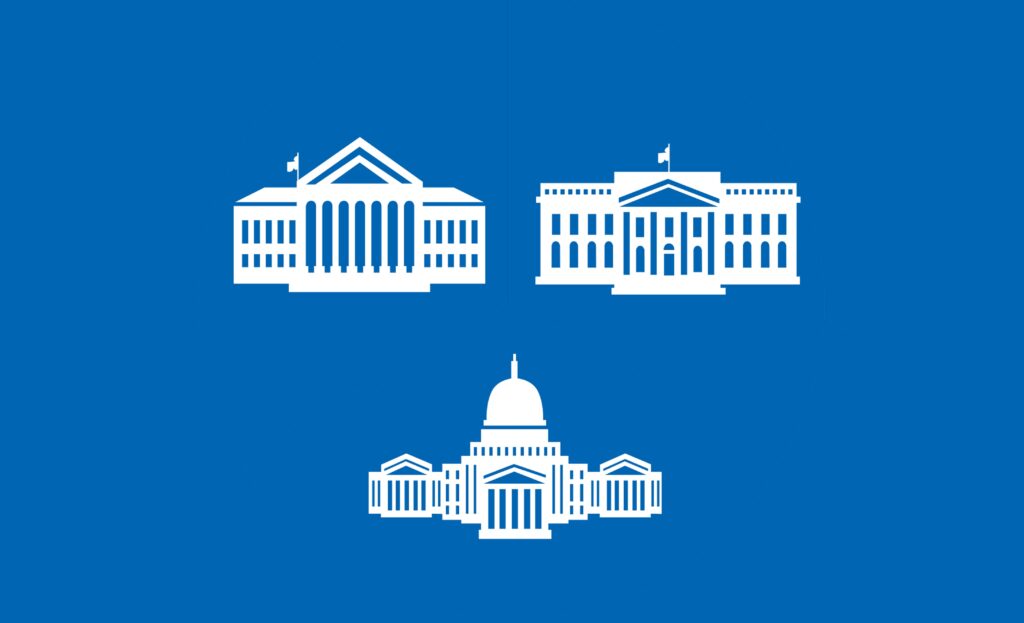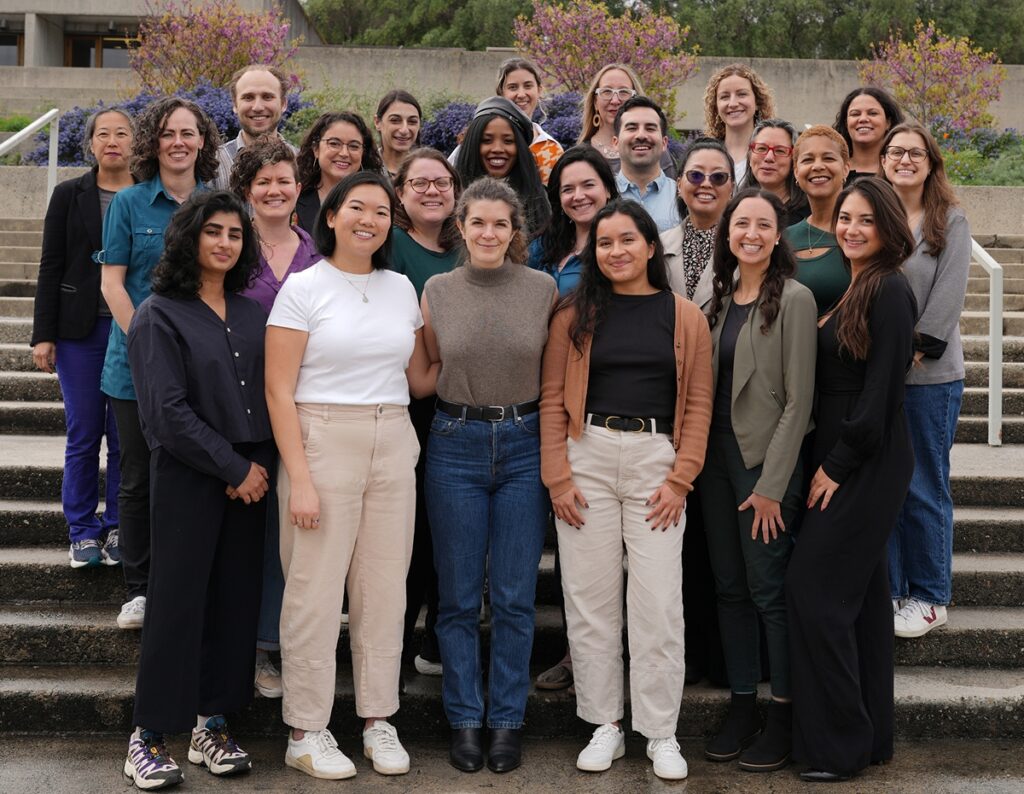July 9, 2025
Key Messages
- The Trump administration is weaponizing federal funds to force local governments into harmful policies. Local leaders are being told: adopt harmful federal mandates or lose funding for housing, transit, health care, and other public services.
- Our case is about stopping unlawful coercion and defending local governments’ right to serve their communities on their own terms.
- It’s also about protecting critical programs that prevent homelessness, care for children and seniors, support people living with HIV/AIDS, and improve the safety of our roads, bridges, and airports.
- These attacks jeopardize critical programs that fund supportive housing, mental health care, food security, and more.
- The funding in question was already promised by Congress — municipalities are simply fighting to access the resources they were promised.
- Litigation is a powerful tool, and so is partnership. This case reflects a coordinated legal effort among local governments to defend their communities and their values.
- We’re proud to be part of a growing network of cities, counties, and their agencies across the country pushing back against executive overreach and standing up for vital services.
Background
Case overview
- Our case challenges the Trump administration’s attempt to attach political strings to housing and transportation grants that were authorized by Congress — conditions unrelated to how these programs actually serve communities.
- In exchange for housing and transit funds, the administration is demanding that cities adopt harmful policies on immigration, diversity, gender identity, and reproductive rights. That’s extortion.
- The new demands now extend beyond housing and transit to include grants for health and human services. The demands would force local governments to make legally binding promises that conflict with local laws and values, making it harder to meet the needs of their residents.
- Our lawsuit argues this is an abuse of executive power and violates the Constitution and federal laws.
Why this case matters
- The Constitution gives Congress, not the president, the power to decide how federal money is spent.
- The Trump administration can’t use funding as leverage to force local governments to adopt unrelated federal policies.
- The cities and counties standing up are protecting the independence of local governments and ensuring they can serve their communities without political interference.
- If the federal government succeeds, that would set a precedent allowing federal funds to be weaponized to advance partisan agendas.
- The expanding coalition — now more than 60 plaintiffs strong — underscores just how widespread the harm is and how urgent the need is for relief.
What’s at stake
- Local governments are challenging conditions tied to the U.S. Department of Housing and Urban Development’s Continuum of Care grants that implement statutory mandates to fight homelessness, and other HUD grants that support affordable housing and basic living conditions.
- Dozens of municipalities are also challenging similar conditions imposed on transit, airport, highway, and railway grants from the U.S. Department of Transportation.
- Newly added conditions also affect child welfare, health care, and public health programs of the Department of Health and Human Services.
- These conditions put cities and counties in an impossible position: either accept harmful restrictions or lose access to critical federal funding that supports essential community services, including:
- Housing and support for people experiencing homelessness
- Child welfare, senior care, HIV/AIDS services, and other vital programs for vulnerable residents
- Public health services like teen pregnancy prevention, vaccine education, and pandemic preparedness
- Transit infrastructure, including airport repair and expansion, road safety, public transit, and advanced transportation technology.
- More than $13 billion in federal funds is at risk.
Who benefits from this lawsuit
- Residents who depend on safe transportation systems and access to vital public health services
- Communities working to support people experiencing homelessness
- Cities and counties trying to maintain inclusive, locally responsive services
- Advocates defending the rule of law and constitutional limits on executive power
Legal milestones & updates
-
May 2, 2025: Five counties and three cities filed King County v. Turner, a lawsuit challenging the Trump administration’s attempts to impose conditions on housing and transit grants already approved by Congress.
-
May 7, 2025: A federal judge granted a temporary restraining order (TRO) blocking the administration from imposing or enforcing the grant conditions for 14 days. The TRO also prevented the government from canceling grants or requiring new certifications.
-
May 21, 2025: A hearing was held on the motion for a preliminary injunction. We filed an amended complaint that expanded the case significantly — from the original 8 plaintiffs to more than 30 cities, counties, and local agencies — along with additional grants now at risk, all subject to the same conditions. We also filed a second request for preliminary relief.
-
June 3, 2025: The court issued a preliminary injunction blocking HUD and DOT from enforcing unlawful conditions on federal grants. The decision protects all Continuum of Care and DOT grants for plaintiffs in the case. It also requires the agencies to notify staff of the ruling and publicly report on their compliance — marking a major legal win and an important step in ensuring federal accountability.
- July 10-11, 2025: We filed a second amended complaint, expanding the case to include 60 total plaintiffs and adding new claims related to housing and health care grants from the U.S. Department of Health and Human Services.







